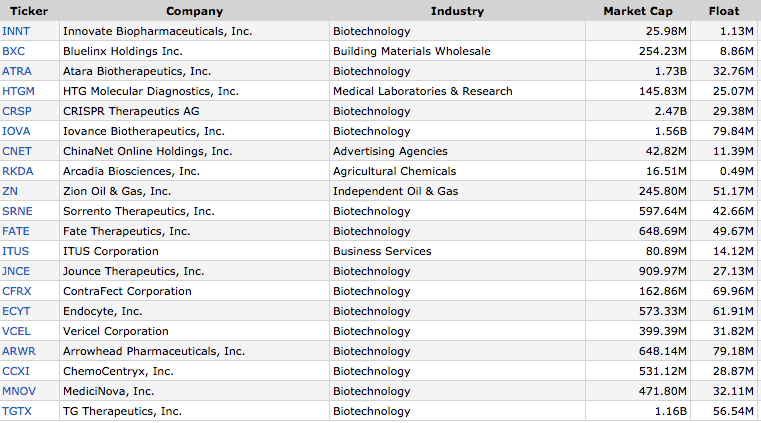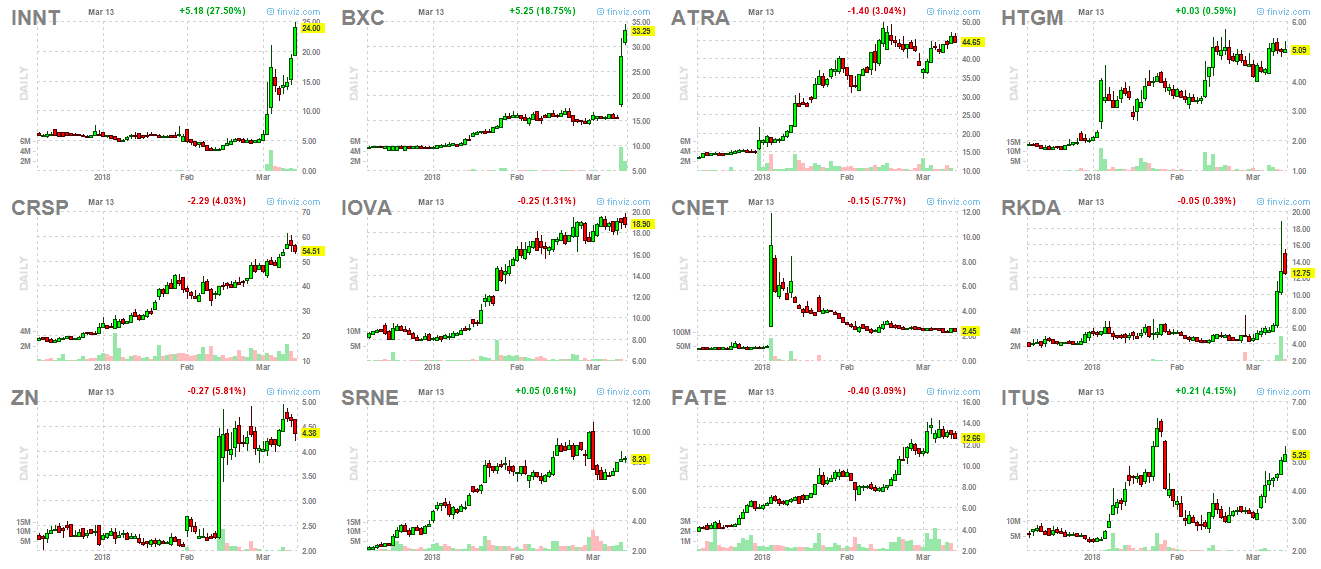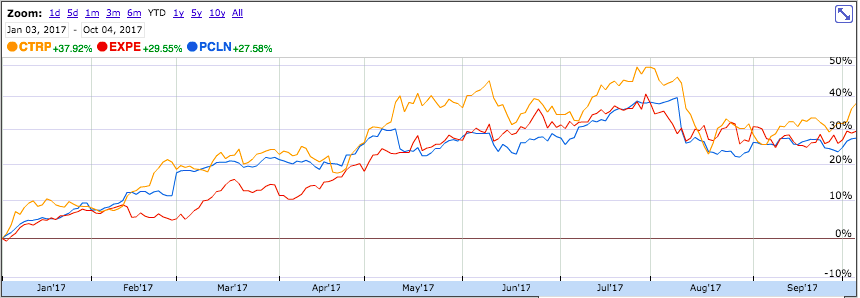Extremely successful people like to play humble and say they have been very lucky in so many aspects of life. But how much of the so-called luck is actually self-made and how much is a random occurrence, a destiny, if you will?
Yes, there are people who hit the lottery. There are people who are born into rich families with well-read and well-connected parents and who have the opportunity to get the best education, diet, and healthcare possible. This type of luck certainly plays an important role and can provide a significant head start in life. But how much of what is widely considered luck is actually self-made?
People who create more opportunities in their lives are likely to experience more luck.
Which behavior is likely to create more and better opportunities for you? Staying at home and waiting for something magical to somehow happen, or going where the action is and meeting new interesting people?
Almost everyone has the option to go to a conference and meet people we admire and we would love to collaborate with, but very few arrive with an open mind. How many forget about their ego for a second and make the first step to introduce themselves and create new professional relationships at that conference?
You can complain how hard the current job market in your profession is or you can write an email to someone you admire and suggest five ways to improve their business and make money. You give before you ask. That’s how life works. In most cases, you don’t even need to ask for a favor back. When you give first, the people who you actually want to work with will provide back without you even asking.
Is it luck meeting a beautiful, smart girl who seems way out of your league and mustering the courage to ask her out?
Being at the right place at the right time can make all the difference in the world. I suspect that at some point in their lives, many people have been at the right place at the right time. But how many actually notice that opportunity and more importantly, are prepared to take advantage of it?
Luck is when preparation meets opportunity. Not only are lucky people creating more opportunities in their lives. They are working on being ready for them.
How many people spend an hour every day reading a fascinating book, so they can have more ideas, compound knowledge and be a lot more interesting during a conversation? Being more useful helps to build a better and wider network of friends and acquaintances, which brings more great opportunities in your life.
Is it luck if you write a well-thought-out post every day and you are able to amass a large following over the years, and eventually you get an amazing book deal that kick-starts a lucrative speaking career?
Is it luck investing in a hundred startups in 10 years, learning how the business works, and eventually picking one that returns 100 times your money?
Is it luck if someone consistently finds great trading ideas in the market, or is it a skill honed by years of looking at hundreds of charts on a daily basis?
Is it luck noticing when the market has changed its character and adapting properly to the new reality, or is it a skill created by many years of carefully studying market cycles and corrections?
How many people know their exact strengths and have chosen a career that maximizes their natural strengths? How many have chosen to work in an organization that is most likely to reward them for their strengths?
Lucky people take practical steps to reduce the impact of bad luck in their lives.
Everyone has bad days in their lives. Not everyone approaches bad days with a positive attitude, an understanding that challenges are the salt of life, troubles are temporary and eventually, everything will end up well.
How many people are conscious of their diet and work out regularly, so they don’t get sick more often?
How many people proactively work on their core and their posture, so they don’t get frequent back injuries?
How many people make a conscious effort to laugh every day, so they are happier and therefore more productive and creative?
How many work on learning a new skill or improving an existing skill every month?
How many consciously pick the people they spend the most time with because they understand the impact of their closest friends on their overall lives?
What looks like luck is often the result of attitude towards life.
Having a positive mindset can make all the difference in the world. Our expectations influence everything that happens to us.
What type of behavior is likely to create more and better opportunities?
Imagine you go into a meeting, expecting everything to go flawlessly. Your positive attitude will be immediately reflected in your overall behavior, your body language, which will in turn impact the way everyone else at the meeting feels and behaves. An upbeat approach is likely to lead to a great atmosphere of productive sharing and problem-solving. Compare that to someone who goes into a meeting in a gloomy mood and with low expectations. His negative mindset will immediately impact his overall demeanor, which will have an effect on the way other people respond and behave. Such type of approach is likely to lead to fewer smiles, more wasted time, negative energy, and less collaboration.
The path of least resistance is to accept that most of life is luck. The trouble with this way of thinking is that it robs you out of the opportunity to actually work on getting luckier.
“Luck is not a magical ability or a gift from the gods. Instead,
it is a state of mind―a way of thinking and behaving.”
Dr. Richard Wiseman, Author of The Luck Factor






